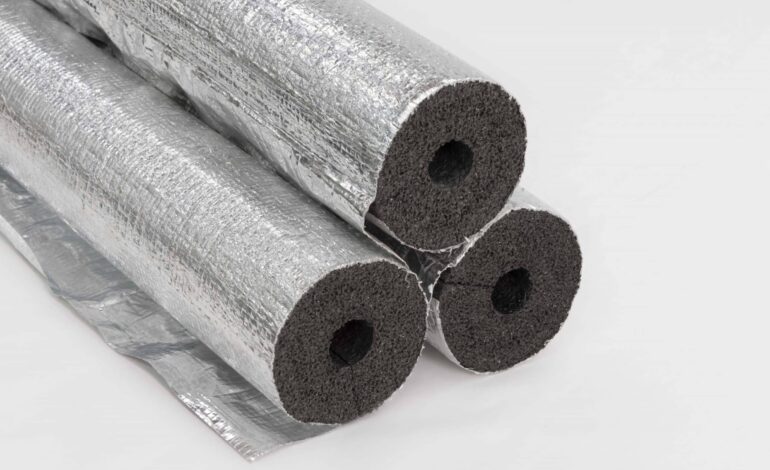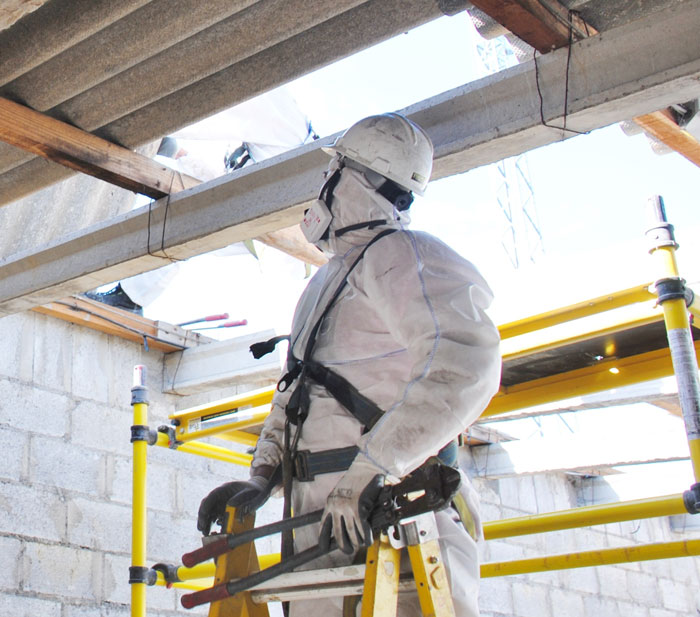Preventing Burst Pipes: A Guide to Properly Lagging Pipes

In the coldest months of the year, pipes are prone to freezing, leading to potential damage, hefty repair bills, and unwanted discomfort. Lagging, or insulating, pipes is a practice that not only prevents freezing but can also save homeowners significant sums in bills. This article delves into the basics of pipe lagging, the importance of preparing for winter, and the lesser-discussed topic of making your lagged pipes squatter-proof.
The Art of Lagging Pipes
Lagging pipes is not rocket science but an essential home maintenance task. Insulating pipes helps reduce the heat lost from the pipes, ensuring that your hot water stays hot for longer and reducing energy consumption.
Materials Required
Before you begin, you’ll need a few supplies:
- Pipe insulation (foam tubes with a slit on one side are commonly used)
- Duct tape or cable ties
- Utility knife or scissors
- Measuring tape
Steps to Properly Lag Pipes
- Measure the Pipes: Measure the diameter and length of your pipes to ensure you get the right size of insulation.
- Cut the Insulation: If your insulation isn’t pre-cut, measure and cut the foam to fit the length of your pipes.
- Place the Insulation: Open the slit of the foam tube and place it over the pipe, making sure it fits snugly.
- Secure the Insulation: Use duct tape or cable ties to secure the insulation regularly, ensuring it stays in place.
- Check for Gaps: Make sure no gaps or sections of the pipe are left exposed.
Winter-Proofing Your Pipes
Winter brings with it the undeniable charm of snow and hot cocoa. However, it also brings the risk of frozen pipes. Beyond just lagging them, there are additional measures to safeguard against the winter chill.
- Drain Outdoor Pipes: Water left in outdoor pipes can freeze and cause them to burst. Always drain these pipes before winter sets in.
- Keep Indoor Pipes Warm: For pipes inside cabinets, like under sinks, keep the cabinet doors open occasionally to let the room’s warmth prevent freezing.
- Seal Exterior Cracks: Make sure to seal any cracks or holes on the outside walls of your home. This will stop the cold air from reaching your pipes.
- Maintain a Constant Temperature: Keep your home heated to at least 12°C even when you’re away to prevent pipes from freezing.
FAQs
- Why is pipe lagging important?
-
- Lagging pipes prevent them from freezing during cold spells, which can lead to costly damage. Moreover, insulated pipes help in saving energy bills by reducing heat loss.
- What type of insulation is best for pipes?
-
- Foam insulation tubes, specifically designed for pipes, are commonly used. They are efficient, easy to install, and relatively inexpensive.
- Can I lag pipes on my own?
-
- Yes, lagging pipes is a straightforward process that most homeowners can do independently. However, it’s always best to consult or hire a professional if you’re unsure.
- How often should I check my lagged pipes?
-
- It’s a good practice to check your lagged pipes at least once a year, preferably before the onset of winter, to ensure the insulation is in good condition.
- What should I do if my pipes freeze?
-
- If you suspect your pipes have frozen, immediately turn off the water supply. Slowly thaw the pipes using gentle heat, such as a hairdryer, but avoid using any open flames.
- Is lagging pipes expensive?
-
- The cost of materials for lagging pipes is relatively low. However, if you opt to hire a professional, there will be labour charges. Overall, the cost is minimal compared to the potential repair costs of burst pipes or savings on energy bills.
Conclusion
Ensuring our homes are winter-ready is more than just a comforting thought; it’s necessary. Homeowners can sail through winter by properly lagging pipes without worrying about freezing pipes and sky-high energy bills. And with the added insight on squatter-proofing, your insulated pipes and property remain safe, no matter the circumstances. Remember, a little effort now can save a lot of future trouble (and money).








